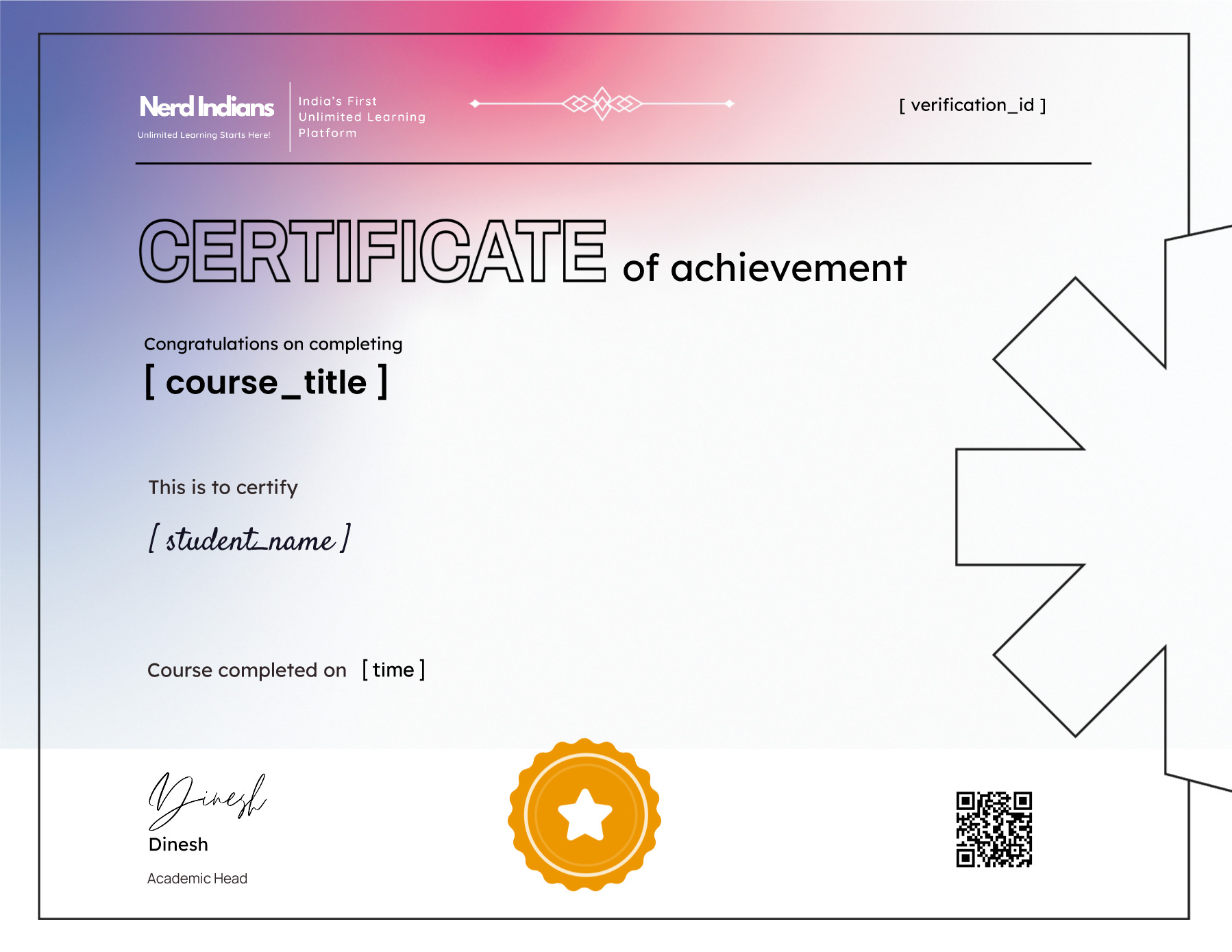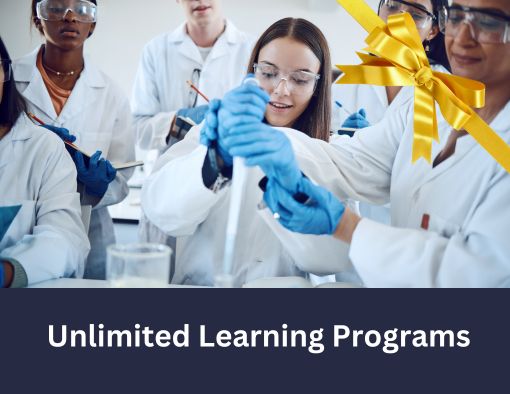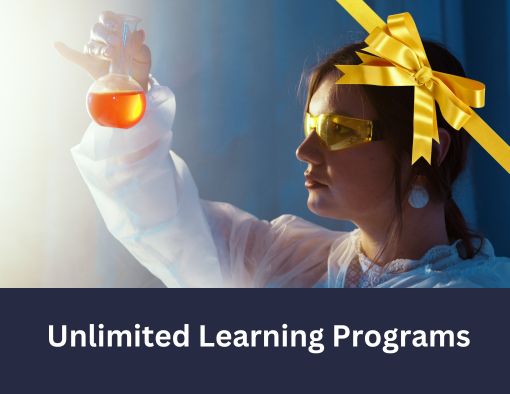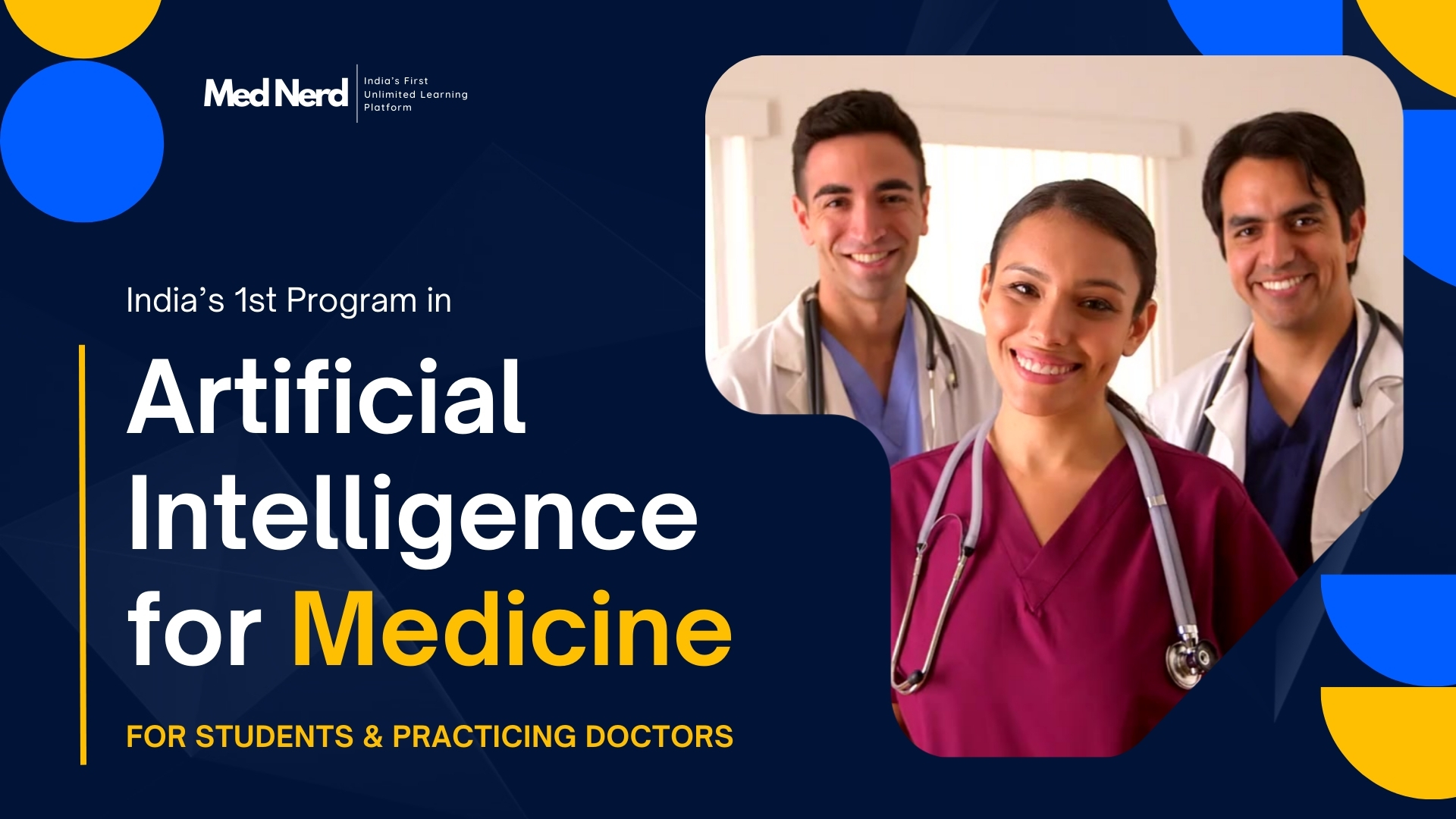Artificial Intelligence for Medicine
Course Content
Before You Start !
-
Before you Start – Follow the Intructions
00:00
AI for Medicine
Programming Basics
AI Space
Machine Learning
Advanced Machine learning in Medicine
AI in Medicine & Drug Discover
Summary
Project Work
Earn a certificate
Add this certificate to your resume to demonstrate your skills & increase your chances of getting noticed.

About Course
Artificial Intelligence for Medicine
“AI for Medicine” course is designed to provide Healthcare professionals with a practical understanding of artificial intelligence (AI) in healthcare.
AI, or Artificial Intelligence, is like creating smart machines that can think and make decisions on their own. It’s making computers learn to solve problems and make choices, somewhat like how humans do.
Imagine a robot doctor that can learn from tons of medical data and help diagnose diseases like a seasoned physician. That’s AI in a nutshell! It’s like teaching a computer to think and act intelligently, making decisions based on what it has “learned” from data.
How AI Learns Compared to Human Learning ?
AI learns by looking at a lot of examples and figuring out patterns. It’s a bit like how you learn to recognize cats after seeing many pictures of them.
AI uses algorithms, which are like step-by-step instructions, to learn from data. While humans learn through experience and intuition, AI learns through analyzing lots of data and finding patterns in it.
Why is it Important to Learn AI in 2024?
AI is revolutionizing almost every field, and healthcare is no exception.
It’s helping doctors diagnose diseases earlier, predict patient outcomes, and even develop personalized treatments. In 2024, understanding AI is like knowing basic computer skills — it’s becoming essential for any profession!
AI also assists in analyzing vast amounts of medical data quickly, leading to more informed decision-making and improved patient outcomes.
How to Create an AI System?
Instructor
1 Courses







